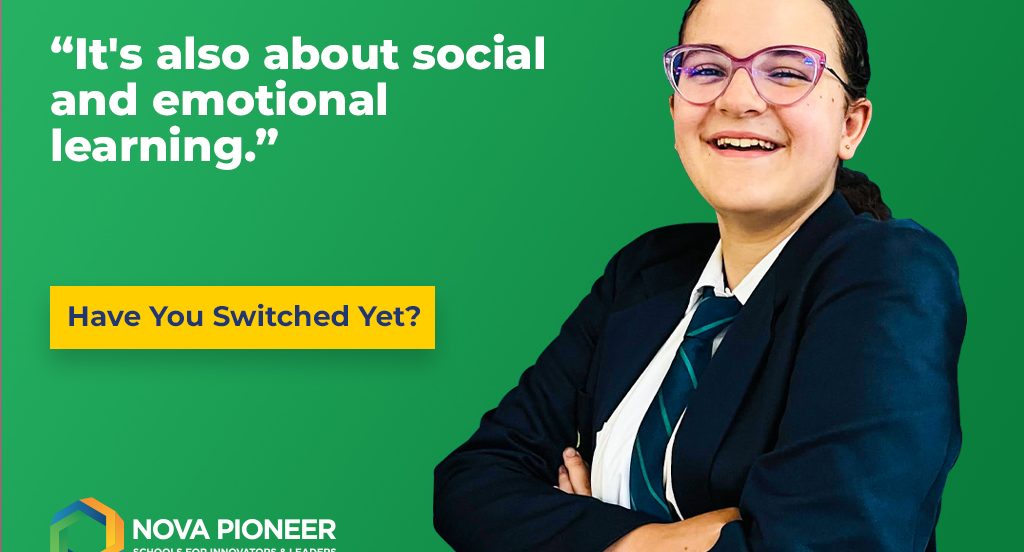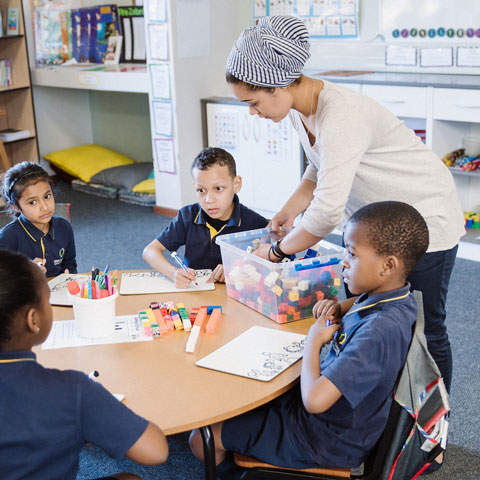Traditionally, there is a common saying that says children must be seen not heard. In this era, in order to effectively groom the holistic child to their full potential, we need to listen to them and understand their state of mind. We also need to be able to view their social cues, which means comprehending their socialization. We cannot merely focus on academics forgetting that human beings are social creatures who co-exist and thrive on social interaction. We need to nurture our students so that they may be able to live in harmony with others. We need to equip them with the skills to be free to express themselves while being mindful and respectful of other people around them. That is why Social and Emotional Learning (SEL) is very important.
SEL not only improves academic achievement, but it also increases prosocial behaviours (such as kindness, sharing, and empathy), improves student attitudes toward school, and reduces depression and stress among students. By incorporating SEL, students are more successful in school and daily life when they:
- Know and can manage themselves resulting in more positive social behaviours and relationships with peers and adults leading to sound choices about personal and social decisions.
- Understand the perspectives of others and relate effectively with them which leads to more positive attitudes toward oneself, others, and tasks including enhanced confidence, persistence, empathy, and a sense of purpose.
- Reduced conduct problems, risk-taking behaviour and decreased emotional distress.
- Improved test scores, grades, and attendance.
Apart from our SEL lessons in class, we launched Tool Box in January and it has been a resounding success. The Toolbox curriculum teaches 12 simple yet powerful “Tools.” With deliberate practice in a class and school that shares them, these inner skills become important personal and social proficiencies for self-awareness, self-management, healthy relationships, and responsible decision making. The common language and practices of Toolbox help children quickly adopt the Tools and use them with autonomy, resilience, and self-mastery.
The more students use and internalise the 12 Tools, the easier it will be for them to self regulate and also help others around them do the same. Because the ToolBox teaches students to be empathetic and consider the impact of their actions on others, students are less likely to bully other students as they become more solutions-oriented, calmer and more willing to talk through how they are feeling as opposed to resorting to a physical altercation. The Tool Box also helps students develop self and social awareness, self-management, relationship skills and responsible decision-making skills.
It has really been amazing seeing our Novaneers asking their peers to ¨use your breathing tool¨ when they see that their friend is angry and needs to calm down. It is incredible when you walk into a grade R class and you see other students encouraging their shy classmate to ¨use your courage tool¨ to share out the answer in class. It is incredibly remarkable how emotionally aware and mature our Novaneers are after equipping them with the right ´tools´ to navigate various life situations. Please refer to this link for information about the ToolBox Here


